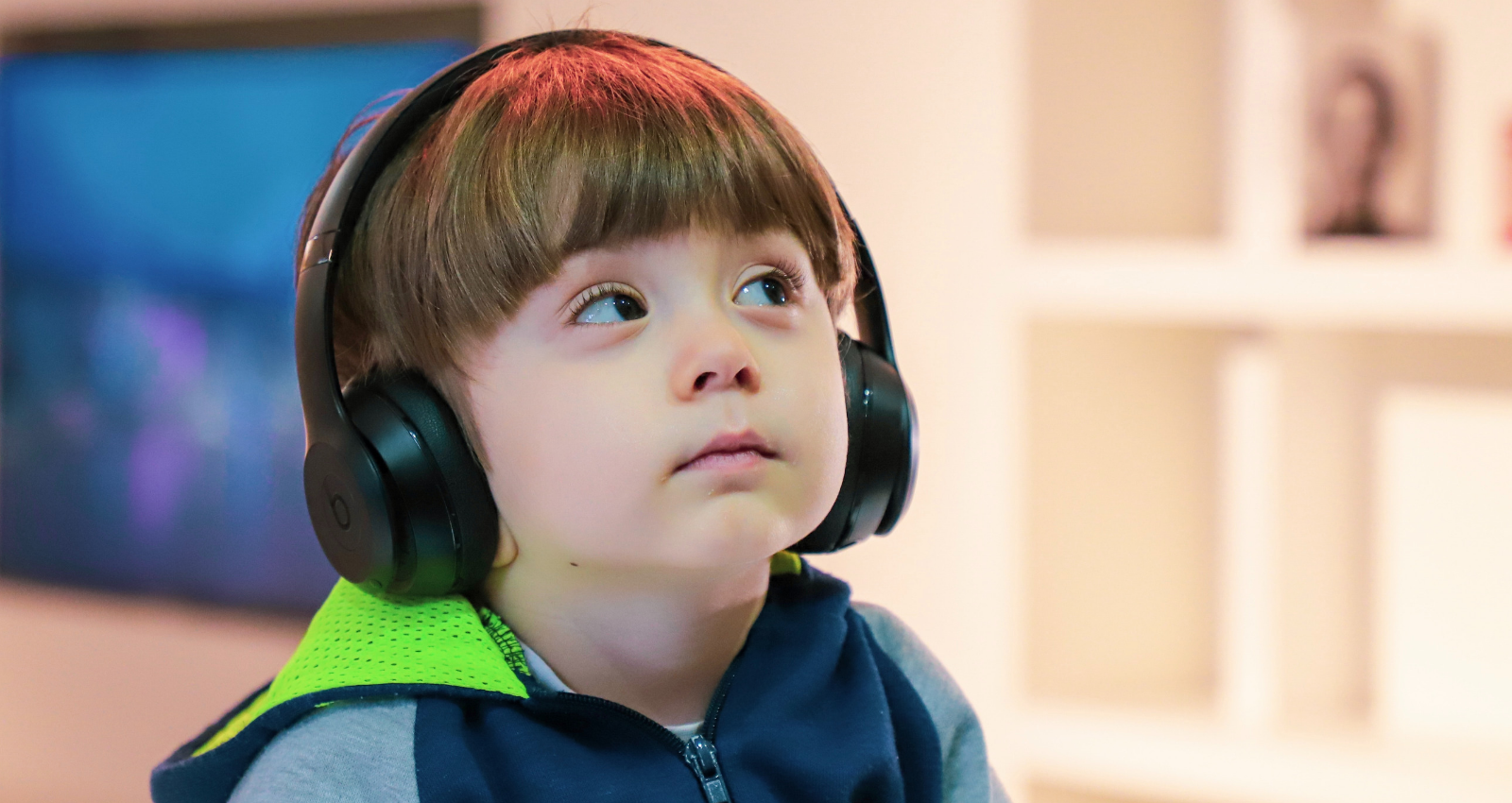
Autism & Headbanging: sensory strategies for head banging
Is head banging a sign of autism?
Head banging and autism often comes hand-in-hand - it’s extremely common for children with autism to purposely bang their heads. Whilst some children outgrow this behaviour before school age, some may continue to have so-called ‘head banging syndrome’ for years. Understandably, this can be really difficult for parents who feel helpless and fear that their child may be injured.
What causes children with autism to head bang?
There are various things that can cause children with autism to bang their head.
- Sensory Feedback
Head banging can be due to sensory processing disorder. A child may be experiencing a sensory deficit or sensory overload and banging their head may help them to self-regulate. This is because the sensation of banging their head is something that they can focus on and control.
- Your Child is Unable to Communicate Pain
Head banging may be a distraction for children who are unable to communicate pain. If your child doesn’t usually head bang, you should consult with your GP to rule out any injuries that you cannot see or an underlying medical condition, such as an ear infection or sore throat.
If your child regularly uses head banging as a distraction when in discomfort you should consult an Occupational Therapist or Speech and Language Therapist to see if there any ways in which they can help your child to develop a new way to demonstrate that they are in pain.
- Head Banging as to Seek Attention and out if Frustration
Sometimes children with autism bang their head when they are seeking attention or feeling frustrated. This could be their way of communicating with you that they want something or that they are upset. When a child bangs their head, naturally parents will go to them to try and stop them from doing so. Some children will understand this and use it as a communication tool. Communication aids such as PECS can be useful to prevent this as they can help children to find a different way to communicate.
How to Stop Head Banging and Strategies to Cope
Parents of children who are prone to head banging are understandably keen to find out head banging interventions to prevent their child from injury.
There are different sensory strategies that you can explore that may help your child to stop head banging. If your child is a head banger because of sensory processing disorder, it depends on whether they are banging their head because of a sensory deficit or sensory overload.
Sensory Deficit Strategies
If your child is banging their head because of a sensory deficit then you need to look at different ways in which they can get the sensory feedback that they are looking for. Children who are under-stimulated may find the following beneficial:
- A weighted blanket
- A rocking or spinning chair
- A vibrating pillow or toy
- Bouncing on a trampoline
- Swinging on a swing
- Deep pressure therapy
- A yoga ball or Occupational Therapy ‘peanut’
- Sensory Overload Strategies
The following tools can be explored if your child bangs their head when they are experiencing sensory overload:
- Noise cancelling headphones
- A quiet space or ‘dark den’
- Gentle exercise, such as yoga

Further to these strategies, you could also consider padding out rooms to try to ensure that the surfaces where they are banging their heads are as soft as possible. And, if head banging is extreme - consider the use of a protective helmet to protect their head. In this instance, you should consult your child’s medical team to ascertain if any other methods should be put in place to help them, such as medication or a ‘safe-hold’ technique that you can use to safely prevent your child from injury.
Understanding the reason or trigger that results in your child head banging is the key to finding the right solution to prevent them from doing so. We really hope that these strategies help.

